
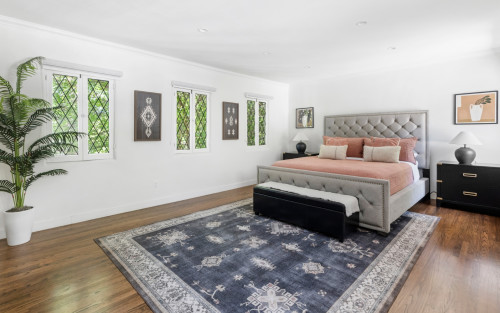

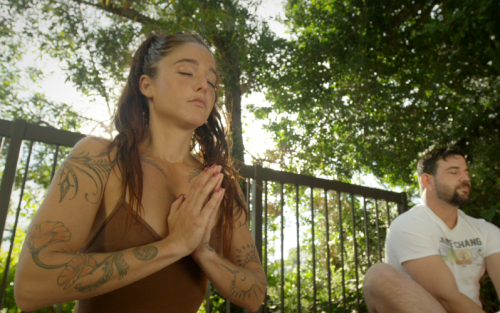





Luxe Recovery
Verified Center
This provider's information has been quality-checked by Recovery.com's Research Team for accuracy and completeness, including center verification through appropriate third-party organizations.
Treatment Focus
This center treats substance use disorders and mental health conditions. You'll receive individualized care catered to your unique situation and diagnosis, learn practical skills for recovery, and make new connections in a restorative environment.
Primary Level of Care
Offering intensive care with 24/7 monitoring, residential treatment is typically 30 days and can cover multiple levels of care. Length can range from 14 to 90 days typically.
Treatment Focus
This center treats substance use disorders and mental health conditions. You'll receive individualized care catered to your unique situation and diagnosis, learn practical skills for recovery, and make new connections in a restorative environment.
Primary Level of Care
Offering intensive care with 24/7 monitoring, residential treatment is typically 30 days and can cover multiple levels of care. Length can range from 14 to 90 days typically.
Provider's Policy
Most private PPO Insurance plans are accepted. Luxe DOES NOT accept Medicaid, Medicare, or any state funded insurance policies.
Luxe Recovery
Luxe Recovery
About Luxe Recovery
From a luxurious home in the hills of Los Feliz, one of L.A.’s safest and most high-end neighborhoods, Luxe Recovery provides detox and residential treatment for substance use and co-occurring mental health disorders. With a maximum of 6 clients, Luxe maintains a 3:1 staff-to-client ratio that allows their team to provide highly personalized and attentive care as clients begin their new life in recovery.
Empower Recovery with Evidence-Based & Holistic Care
Luxe Recovery’s experienced physicians and psychiatric professionals collaborate closely with each client to design a well-rounded treatment plan. They ensure both physical and mental health are addressed, empowering clients to build a solid foundation for long-term sobriety. Their approach combines evidence-based therapies like cognitive behavioral therapy (CBT) and dialectical behavioral therapy (DBT) with holistic practices such as yoga, acupuncture, and personalized fitness routines. Additionally, clients benefit from art therapy, weekly massage and chiropractic, and access to AA meetings, fostering relaxation, rejuvenation, and strong sober support networks.
Make Progress with Unlimited 1:1 Therapy Sessions
Luxe Recovery helps clients make meaningful progress in recovery by offering unlimited 1:1 therapy sessions tailored to address addiction and co-occurring mental health disorders, such as anxiety, depression, PTSD, and bipolar disorder. They believe addiction manifests from pain and trauma, and it can be treated using a trauma-informed approach to uncover addiction’s root causes, build coping strategies, and develop relapse prevention plans. Skilled therapists guide clients using eye movement desensitization and reprocessing (EMDR) to help the mind move toward wellness.
Recharge with World-Class Amenities
Luxe Recovery offers clients an exquisite retreat where they can reflect and recharge in a serene, distraction-free setting. Clients enjoy private or shared rooms with king or queen beds, large flat-screen TVs with streaming options, and the option to bring personal pets. The experience is elevated with gourmet meals prepared by an on-site chef, a stocked pantry, and amenities like a pool, hot tub, gym, massive arcade, and movie room, along with curated sober outings to destinations like the spa or beach.
Highlights from the Center
Highlights
These highlights are provided by and paid for by the center.
Customized Treatment Plans
Master's and Doctoral Level Therapists
Private Rooms Available
Tech Friendly
Center Overview
Treatment Focus
This center treats substance use disorders and mental health conditions. You'll receive individualized care catered to your unique situation and diagnosis, learn practical skills for recovery, and make new connections in a restorative environment.
Joint Commission Accredited
The Joint Commission accreditation is a voluntary, objective process that evaluates and accredits healthcare organizations (like treatment centers) based on performance standards designed to improve quality and safety for patients. To be accredited means the treatment center has been found to meet the Commission's standards for quality and safety in patient care.
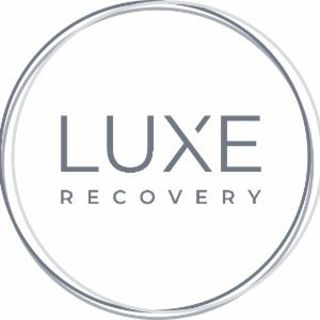
Luxe Recovery
Insurance Accepted
Cash Pay Rates
Estimated Cash Pay Rate
Center pricing can vary based on program and length of stay. Contact the center for more information. Recovery.com strives for price transparency so you can make an informed decision.




Other Luxe Locations
Recovery.com Verified Listing
Recovery.com verified that the name, location, contact information and license to operate for this treatment provider are valid and up-to-date.

ASAM Level 3.7 Certified

Joint Commission Accredited

Licensed by California DHCS
Recovery.com is an independent, third-party mental health resource. Verification does not imply endorsement and does not guarantee the quality of treatment services.
Meet Your Care Team
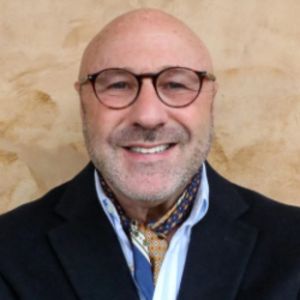
Dr. Jayson Hymes
Medical Director
MD, MPH, FACPM, FASA

Dr. Ani Datastanyan
Clinical Director
PsyD, LMFT

Karen Francisco
FNP-C

Dr. Neda Javaherian
Psychiatrist
MD
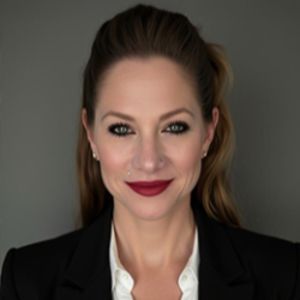
Katherine Boulware
Therapist
MS, LMFT, SUDCC IV

Valeria Lletget
Therapist
LCSW
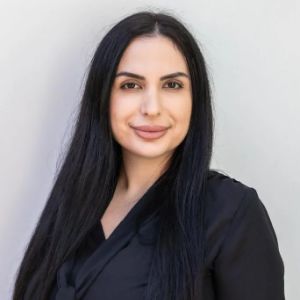
Roxanne Sarlak
Therapist
LMFT
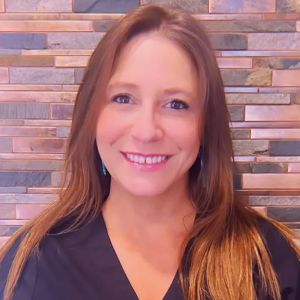
Nicole Scarola
Registered Nurse
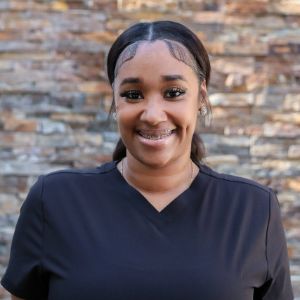
Whitney Hall
LVN
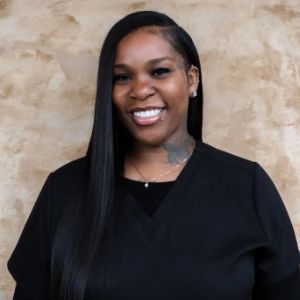
Shantell Walker
LVN
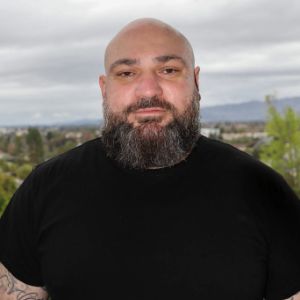
Ruben Tovmasyan
Counselor, Director of Alumni

Madison Norton
Care Coordinator

Alexsa Reyes
Operations Manager

Jason Razo
Counselor, Program Director

Johannah Hernandez
Program Director
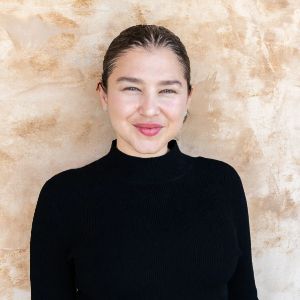
Priscila Vasquez
Counselor
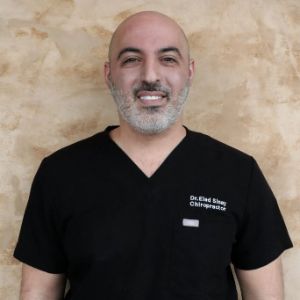
Dr. Elad Sinay
Chiropractor
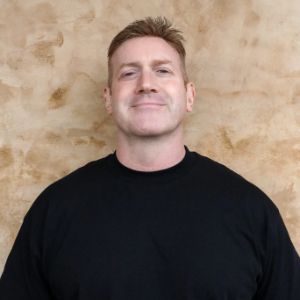
Michael Farrell
L.Ac
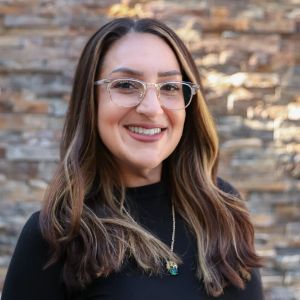
Cary Gunn
Counselor

Katie Mata
Executive Chef
Your Care Options
Specializations
Alcohol
Using alcohol as a coping mechanism, or drinking excessively throughout the week, signals an alcohol use disorder.
Detox
Detox fully and safely removes toxic substances from the body, allowing the next steps in treatment to begin with a clean slate.
Chronic Relapse
Consistent relapse occurs repeatedly, after partial recovery from addiction. This condition requires long-term treatment.
Pet Friendly
For greater comfort and healing, pet-friendly treatment centers welcome dogs and animal companions to stay with their owners while they attend treatment.
Depression
Symptoms of depression may include fatigue, a sense of numbness, and loss of interest in activities. This condition can range from mild to severe.
Executives
Executive treatment programs typically directly support the needs of people who manage businesses and may provide flexible schedules and office space to allow work during treatment.
Medication-Assisted Treatment
Combined with behavioral therapy, prescribed medications can enhance treatment by relieving withdrawal symptoms and focus patients on their recovery.
Professionals
Busy, high-ranking professionals get the personalized treatment they need with greater accommodations for work, privacy, and outside communication.
Who We Treat
Executives
Executive treatment programs typically directly support the needs of people who manage businesses and may provide flexible schedules and office space to allow work during treatment.
Young Adults
Emerging adults ages 18-25 receive treatment catered to the unique challenges of early adulthood, like college, risky behaviors, and vocational struggles.
Men and Women
Men and women attend treatment for addiction in a co-ed setting, going to therapy groups together to share experiences, struggles, and successes.
Midlife Adults
For adults ages 40+, treatment shifts to focus on the unique challenges, blocks, and risk factors of their age group, and unites peers in a similar community.
Pregnant Women
Addiction and mental health treatment meets the clinical and psychological needs of pregnant women, ensuring they receive optimal care in all areas.
Professionals
Busy, high-ranking professionals get the personalized treatment they need with greater accommodations for work, privacy, and outside communication.
Treatment Services
Detox
Detox fully and safely removes toxic substances from the body, allowing the next steps in treatment to begin with a clean slate.
Residential
In a residential rehab program, patients live onsite, with access to daily treatment and 24-hour care. An average stay is 30-90 days.
Approaches
Evidence-Based
A combination of scientifically rooted therapies and treatments make up evidence-based care, defined by their measured and proven results.
Holistic
A non-medicinal, wellness-focused approach that aims to align the mind, body, and spirit for deep and lasting healing.
Individual Treatment
Individual care meets the needs of each patient, using personalized treatment to provide them the most relevant care and greatest chance of success.
Personalized Treatment
The specific needs, histories, and conditions of individual patients receive personalized, highly relevant care throughout their recovery journey.
Therapies
1-on-1 Counseling
Patient and therapist meet 1-on-1 to work through difficult emotions and behavioral challenges in a personal, private setting.
Adventure Therapy
This experiential approach uses the physical and emotional challenges of outdoor activities as tools for personal growth.
Art Therapy
Visual art invites patients to examine the emotions within their work, focusing on the process of creativity and its gentle therapeutic power.
Dance Therapy
This experiential therapy uses dance to improve body awareness, physical health, and social skills.
Eye Movement Therapy (EMDR)
Lateral, guided eye movements help reduce the emotional reactions of retelling and reprocessing trauma, allowing intense feelings to dissipate.
Family Therapy
Family therapy addresses group dynamics within a family system, with a focus on improving communication and interrupting unhealthy relationship patterns.
Hypnotherapy
A hypnotherapist guides patients through a trance-like state. This helps them identify and process subconscious emotions and regain inner control.
Conditions We Treat
Personality Disorders
Personality disorders destabilize the way a person thinks, feels, and behaves. If untreated, they can undermine relationships and lead to severe distress.
ADHD, ADD
ADHD is a common mental health condition caused by dopamine imbalance. Common symptoms include inattention, hyperactivitiy, and impulsivity.
Anger
Although anger itself isn't a disorder, it can get out of hand. If this feeling interferes with your relationships and daily functioning, treatment can help.
Anxiety
Anxiety is a common mental health condition that can include excessive worry, panic attacks, physical tension, and increased blood pressure.
Bipolar
This mental health condition is characterized by extreme mood swings between depression, mania, and remission.
Burnout
Burnout entails mental and physical exhaustion, and leads to a severe lack of fulfillment. This condition is often caused by overwork.
Chronic Pain Management
Long-term physical pain can have an affect on mental health. Without support, it can also impact your daily life and even lead to addiction.
Codependency
Codependency is a pattern of emotional dependence and controlling behavior. It's most common among people with addicted loved ones.
Depression
Symptoms of depression may include fatigue, a sense of numbness, and loss of interest in activities. This condition can range from mild to severe.
Substances We Treat
Alcohol
Using alcohol as a coping mechanism, or drinking excessively throughout the week, signals an alcohol use disorder.
Benzodiazepines
Benzodiazepines are prescribed to treat anxiety and sleep issues. They are highly habit forming, and their abuse can cause mood changes and poor judgement.
Chronic Relapse
Consistent relapse occurs repeatedly, after partial recovery from addiction. This condition requires long-term treatment.
Co-Occurring Disorders
A person with multiple mental health diagnoses, such as addiction and depression, has co-occurring disorders also called dual diagnosis.
Cocaine
Cocaine is a stimulant with euphoric effects. Agitation, muscle ticks, psychosis, and heart issues are common symptoms of cocaine abuse.
Drug Addiction
Drug addiction is the excessive and repetitive use of substances, despite harmful consequences to a person's life, health, and relationships.
Ecstasy
Ecstasy is a stimulant that causes intense euphoria and heightened awareness. Abuse of this drug can trigger depression, insomnia, and memory problems.
Heroin
Heroin is a highly addictive and illegal opioid. It can cause insomnia, collapsed veins, heart issues, and additional mental health issues.
Languages
Aftercare
Care Designed for Your Needs
Personal Amenities
Amenities
Special Considerations
Clients can bring their own pet(s)
For greater comfort and healing, pet-friendly treatment centers welcome dogs and animal companions to stay with their owners while they attend treatment.
Pet Friendly
For greater comfort and healing, pet-friendly treatment centers welcome dogs and animal companions to stay with their owners while they attend treatment.
Flexible technology policies
Centers with flexible technology policies allow professionals to stay in touch with work and give patients a greater sense of connection and normalcy.
Healthy Meals are provided
Great food meets great treatment, with providers serving healthy meals to restore nutrition, wellbeing, and health.
Activities
Yoga
Yoga is both a physical and spiritual practice. It includes a flow of movement, breathing techniques, and meditation.
Off-Site Activities
Off-Site Amenities

Learn More About the Center
Dealing with Heroin Withdrawal Symptoms
Learn what to expect in the hours after withdrawing from heroin, and the importance of supervised detox.
Can Acupuncture Help With Alcoholism?
Although it’s not a frontline treatment, learn how acupuncture can complement addiction treatment.
Cognitive Behavioral Therapy Techniques
Discover one of the therapies Luxe uses to help clients change harmful thought and behavior patterns.
What to Bring
Read a list of items that could support comfort, hygiene, and participation at Luxe.
What people are saying
Treatment
5.0
Accommodations
5.0
Food & Nutrition
5.0
Value
5.0
Pros
- Beautiful Location (26)
- Supportive Aftercare (26)
- Friendly & Competent Staff (18)
- Confidential (18)
Yvette H
Treatment in 2024 • (30 days) • Reviewed 04/03/24
Loved One of a Former Client
•Los Angeles
Andrea
Treatment in 2023 • (30 days) • Reviewed 03/15/23
Former Client
•Sales
•Phoenix, AZ
Nicole
Treatment in 2022 • (30 days) • Reviewed 07/20/22
Former Client
•Nurse
•Tahoe
Nicole
Reviewed 07/20/22
Review from Rehabs.com
Laura F
Treatment in 2022 • (60 days) • Reviewed 04/14/23
Former Client
•Los Angeles





